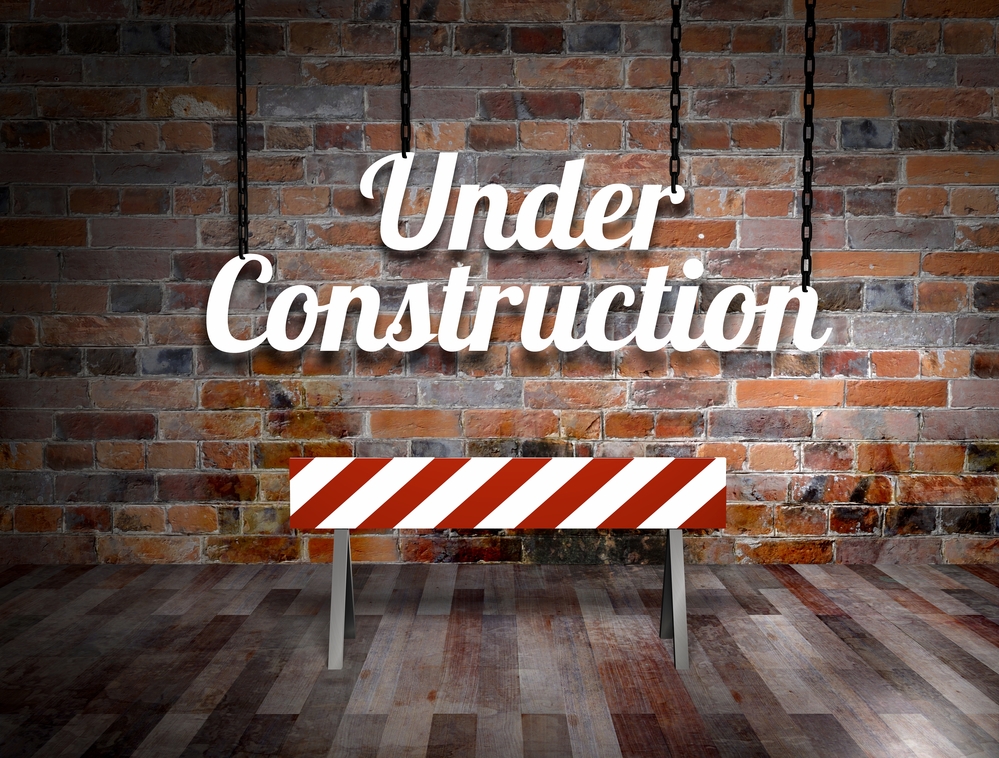In my last blog post Career Coaching for Professionals, I discussed some of the career-related challenges facing professionals and aspiring professionals. Whenever I am working with clients who are not sure about their next career move, I start with an assessment to objectively take stock of their interests, preferences, skills, experience, etc. Sometimes, it’s quite clear that clients should consider self-employment or entrepreneurship. When that happens, one consideration is buying a franchise versus starting something of their own, from scratch. If you’re weighing these two options, here are some pros and cons that will help you with your analysis.
 Pros of Buying a Franchise:
Pros of Buying a Franchise:
- When you buy a franchise, you were starting with a tried and trusted business model that has already demonstrated profitability – you know it works.
- The franchisor will be able to offer some guidance and coaching to help you get established – this will make your learning curve less steep.
- Some branding material will already be in place including things like a website (or website template), a tagline, a logo, business cards and other promotional materials.
- The initial expenses should be more predictable because you won’t be spending an undetermined amount of money for collateral elements (e.g., website, business card, letterhead, and marketing materials design, etc.). These items will have already been established, it’s a simpler matter of ordering these items.
- It’s easier to get a small business loan or other types of funding when you have a “ready-made” business plan and franchise financials that demonstrate a solid track record.
- On the assumption that you’ll make good use of previous franchise experience, it should be a much quicker road to profitability.
Pros of Building a Business From Scratch:
- You may be the first person to offer a particular product or service, this may give you a competitive advantage in the market.
- Rather than following the guidelines set by the franchisor, you’ll have the maximum flexibility and autonomy to do what you think is best.
- When you’re in a very specific and/or unique niche, there may not be a franchise available. In this case, the only way forward is to build it yourself.
- When it comes to branding and marketing, you’ll have the ability to decide what your brand will stand for and how it will be represented.
- With no fixed or mandatory franchise fees upfront, you can work within your own budget rather than the franchisor’s budget. This may even mean that you choose to bootstrap your business with limited resources while continuing to work elsewhere (i.e., start your business on a part-time basis … to be fair, there are also some franchises that can be started on a part-time basis).
- With a unique idea in the right domain and usually plenty of digging, sometimes startup grants or services are available from various levels of government.
Owning a franchise or starting a business is not a choice that suits everybody. If you’re curious about how your skills and preferences align with self-employment, that’s something that I can help with.
If you’re interested in franchises and/or self-employment, you might enjoy reading these blog posts:
- The Franchise Option (Part 1)
- The Franchise Option (Part 2)
- What’s riskier in late-career, finding a job or self-employment (Part 1)
- What’s riskier in late-career, finding a job or self-employment (Part 2)
Are you a mid-career professional considering your next step? Are you a recent grad tired of spinning your wheels? Benefit from strategic, next level Career Coaching. Let’s connect by email, phone (I offer a free 15 to 20-minute initial consultation), or via direct message on Twitter, Facebook, or LinkedIn.
More than career coaching, it’s career psychology®.
I/O Advisory Services – Building Resilient Careers and Organizations.™
Easily share this article using any of the social media icons below.




